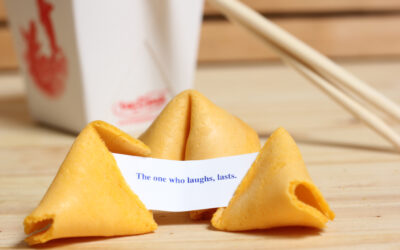Mandarin Chinese is often considered one of the toughest languages for English speakers to learn. The tones, characters, and cultural nuances can feel overwhelming. However, when it comes to grammar, Mandarin is surprisingly simple—much easier than English!
In Mandarin, you don’t have to worry about conjugating verbs. In English, you have to change “run” to “ran” for past tense or “runs” for third-person singular. But in Mandarin, the verb stays the same! “吃” (chī), meaning “to eat,” remains unchanged whether it’s “I eat,” “she eats,” or “we ate.” You just add time words like “昨天” (zuótiān – yesterday) or particles like “了” (le) to show when something happened.
Also, you can forget about tricky plurals, or articles like “a” and “the.” A noun like “书” (shū – book) can mean one book or many, depending on context. No need to memorize irregular plural forms or when to use “a” vs. “the.” And Mandarin follows a simple subject-verb-object (SVO) structure—much like English! No need to juggle complex sentence patterns like in some other languages.
While mastering Mandarin pronunciation and characters is challenging, its grammar is refreshingly straightforward compared to English!
Related Articles
The Surprising Origins of the Shopping Cart—Revolutionizing Retail
The shopping cart is a staple of grocery stores today, but when it was first introduced, customers refused to use it! In 1937, Sylvan Goldman, the owner of the Humpty Dumpty grocery chain in...
The Origins of the Fortune Cookie—An American Invention?
Fortune cookies are often associated with Chinese culture, but their true origins might surprise you—they were likely invented in the United States! While similar fortune-filled treats existed in...
The History of the Peanut—A Versatile Superfood
The humble peanut is more than just a snack—it’s a scientific marvel with a history spanning thousands of years. Native to South America, peanuts were cultivated by the Incas and later spread...





